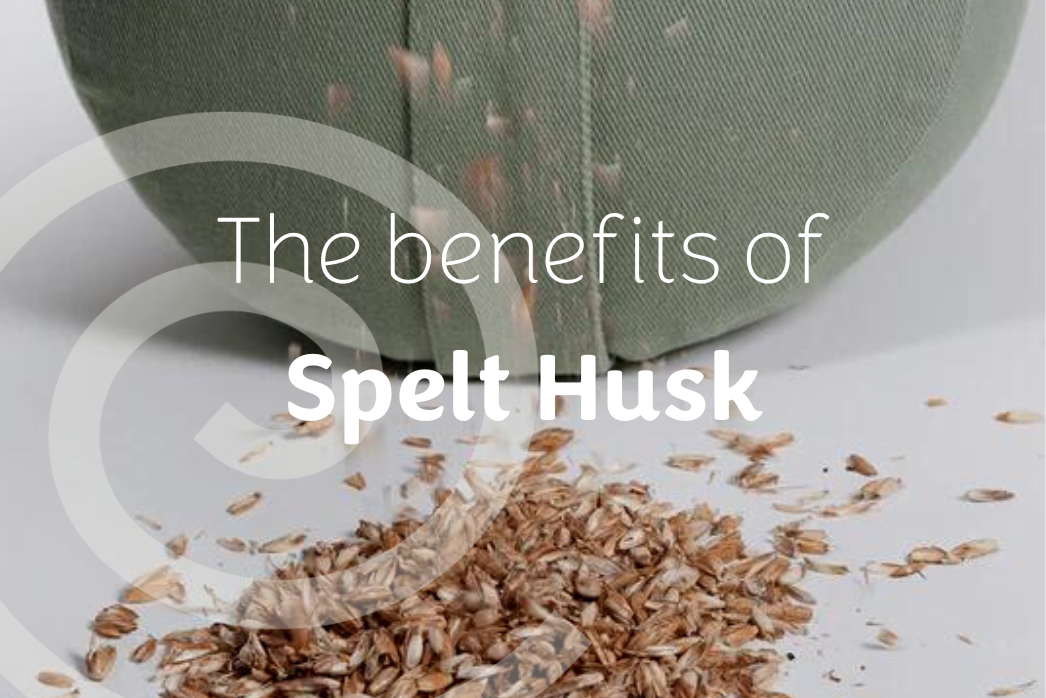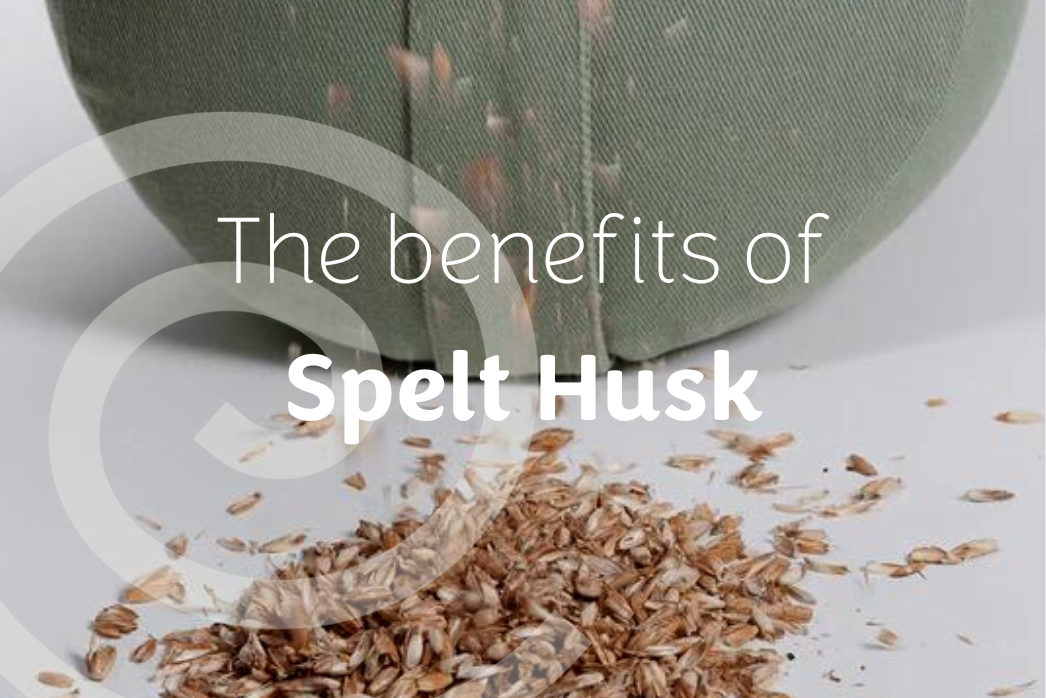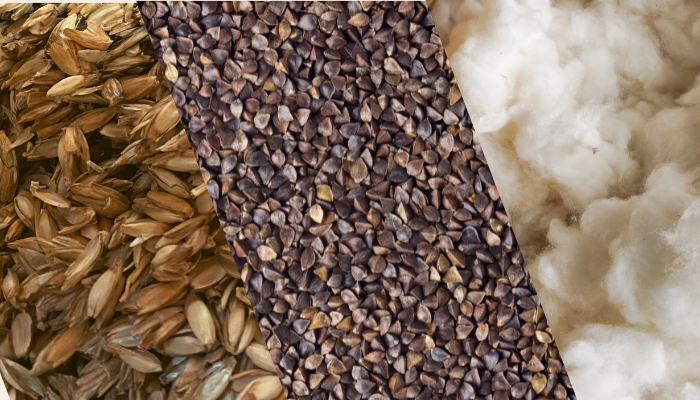Greenwashing - how to spot it and how we’re fighting it.

What is greenwashing?
As defined by the Cambridge dictionary - to make people believe that your company is doing more to protect the environment than it really is.
Greenwashing was coined by Jay Westerveld back in 1986, at a time when public access to information meant that large corporations were able to present themselves as environmentally sustainable, whilst performing activities that caused environmental harm.
We now have access to so much information, and the majority of us wish to make positive, sustainable purchases and overcome the challenges facing us together. This is a brilliant movement and we have made so much progress, large companies are now trying to give us more sustainable options. The flip side of this – many companies are now trying to capitalise on our thirst for sustainability by tailoring their branding and marketing to imply they are doing more than they are. We are being greenwashed!
I’m going to run through my top tips to help you spot greenwashing. I’m also going to lay out my intentions as a business owner regarding how my company will communicate with you in future.
Some examples of greenwashing
How to spot greenwashing
1. Look for verification of the claims a company is making. Look for certifications and facts and figures. Look at the ingredients.
2. Check who is making the products. Social sustainability should always be considered too.
3. “Vegan” when applied to products that are not food, usually means synthetic. This may be OK, but it is a reason to dig deeper.
4. Natural is not necessarily eco-friendly. Non-organic textiles are a good example of this. Non-organic cotton and bamboo are natural resources, but are often grown using damaging pesticides and chemicals. Natural rubber is one to be careful with too due to deforestation.
5. Look past slogans, colours (usually green) or fluffy language as given in the examples above.
6. Look for brands that have a holistic approach across their full product catalogue. If they are selling only a handful of eco-focused products, they are possibly only stocking them to catch consumers like you and are not making wider changes across their organisation. Small businesses usually do best (I may be a little biased!)
7. Ask questions! That includes us. We all need to be held to account. If we all do this, it will provoke change and inspire companies to make improvements.
How we will communicate with you moving forward
We pledge to provide you with more information on our current practices concerning sustainability, and how we plan to achieve sustainability long term. We will publish updated targets and goals in January 2021 for a more sustainable future. These will be quantitative as well as qualitative, so you can hold us to account.
We promise to add product ingredient lists to all products the website by March 2021. We will also provide additional information on our suppliers.
We will endeavour to provide you with as much information as we can on the production of our products, including CO2 emissions and our plans to offset carbon.
We will avoid using the term 'eco-friendly', as it implies that everything we do is 'good' for the environment. We will use the term 'eco-conscious' or 'eco-aware' as blanket terms and use specific words regarding biodegradability, recyclability or sustainability - depending on the product or situation.
As always, please get in touch via phone, email, social or by using the comments below. Thank you for reading!
References
https://www.vogue.co.uk/news/article/greenwashing-in-fashion
https://dictionary.cambridge.org/us/dictionary/english/greenwash
https://medium.com/disruptive-design/what-is-greenwashing-how-to-spot-it-and-stop-it-c44f3d130d5










Leave a comment